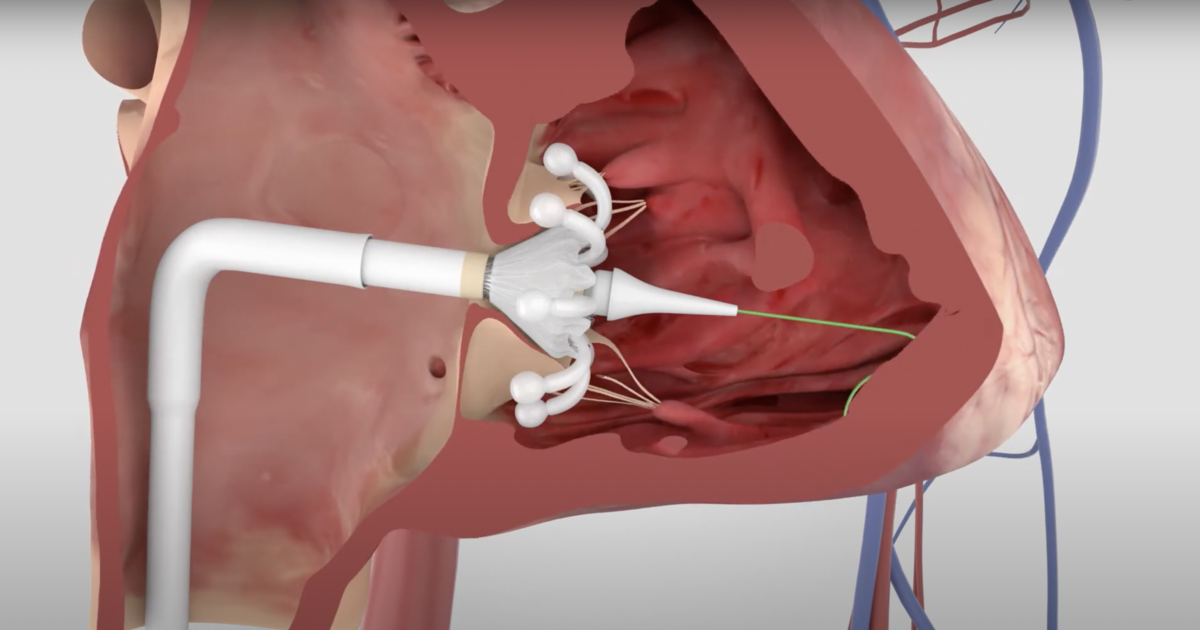Cardiovascular
More good news for Edwards: ‘Landmark study’ confirms new TTVR system reduces tricuspid regurgitation, improves symptoms
The interventional cardiology community responds to TRISCEND II
Yousif Ahmad, MD, PhD, an interventional cardiologist with Yale School of Medicine, called TRISCEND II a “landmark study” during a TCT press conference.
“The landscape for tricuspid valve interventions is changing,” he said. “If you look at just at 12 months or two years ago, we had limited options. Now, with the TRILUMINATE data presented last year and this new TRISCEND II data, we could potentially have two randomized controlled trial-proven therapies to offer these patients. It’s very encouraging for the field.”
“This is an extremely important arena,” added Wayne Batchelor, MD, director of interventional cardiology research and education with the Inova Health System. “We have to get better safety and efficacy data, but I’m very encouraged by the trials that are ongoing. Only about 500-600 isolated tricuspid valve repair surgeries are done in the United States [per year], but we have a million and a half patients with significant tricuspid disease, so this is clearly an unmet need. I think all of us—physicians, patients and healthcare providers—are looking forward to more results coming out in the next year.”
Does this data tell us enough?
One hot topic of discussion at TCT was the fact that the early data focused so much on QOL metrics as opposed to measurable clinical improvements.
Kodali acknowledged this limitation, but he also defended the usefulness of tracking measurements of QOL.
“Quality of life, from a patient’s perspective, is an important outcome,” he said. “We’re going to have to look at the totality of evidence, right? Are all of the individual endpoints trending in the right direction? Are mortality and heart failure potentially trending, even if we don’t meet a level of significance due to the trial’s number of patients? Are the echocardiographic parameters—RV remodeling, decrease in RV size—trending? We’re going to end up looking at the totality of evidence. This device, unlike TEER, eliminates TR. Whether that elimination of TR will translate to mortality is what we need to see at one year, and I hope it does. Even if it does not, though, QOL is important and a relevant endpoint.”
Roxana Mehran, MD, a professor of medicine and director of interventional cardiovascular research and clinical trials at the Zena and Michael A. Wiener Cardiovascular Institute at Mount Sinai School of Medicine, was complimentary of the research, but did highlight the importance of identifying additional clinical benefits of the device beyond improvements in QOL.
“I personally believe that we absolutely need to show at least some evidence of an improved clinical outcome like hospitalization or heart failure,” she said. “QOL is incredibly important … but I still believe it has to be in the context of clinical outcomes.”

